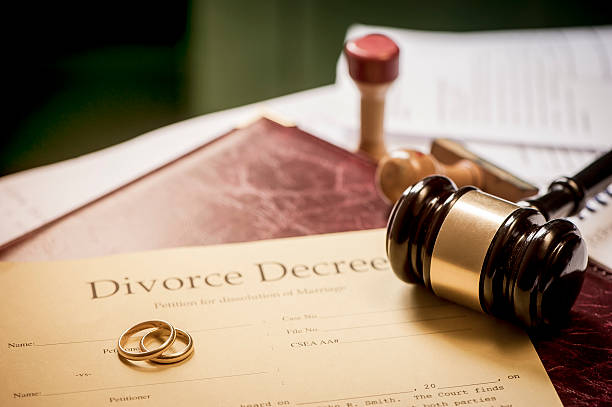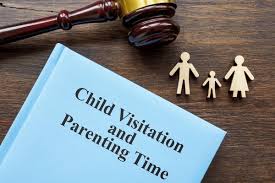Blog
Filing for Divorce in Allegan and Kent County, Michigan: What You Need to Know
If you’re considering divorce in Allegan or Kent County, Michigan, you’re not alone—and you don’t have to go through it alone either. Understanding the local process is the first step to protecting your rights and preparing for the road ahead. At Legacy Legal & Business…
Why West Michigan High School Grads Need Powers of Attorney Before College
Graduation season in West Michigan is a time of celebration, pride, and preparation. As parents get ready to send their young adults off to college, one crucial legal step is often overlooked: setting up Powers of Attorney. Once your child turns 18, you no longer…
How Michigan Courts Decide Parenting Time Schedules
When parents in Michigan separate or divorce, one of the most emotionally charged issues is parenting time—commonly referred to as visitation. Whether you live in Grand Rapids, Holland, or anywhere in West Michigan, understanding how Michigan courts determine parenting time schedules can help you prepare,…
What Is Mediation Like in a Michigan Divorce Case? A Guide for Couples in Grand Rapids and West Michigan
Divorce can be emotionally and financially draining—but it doesn’t always have to be a courtroom battle. Many couples in West Michigan, including those in Grand Rapids, Holland, Kalamazoo, and surrounding areas, are choosing divorce mediation as a more peaceful and cost-effective alternative to traditional litigation.If…




